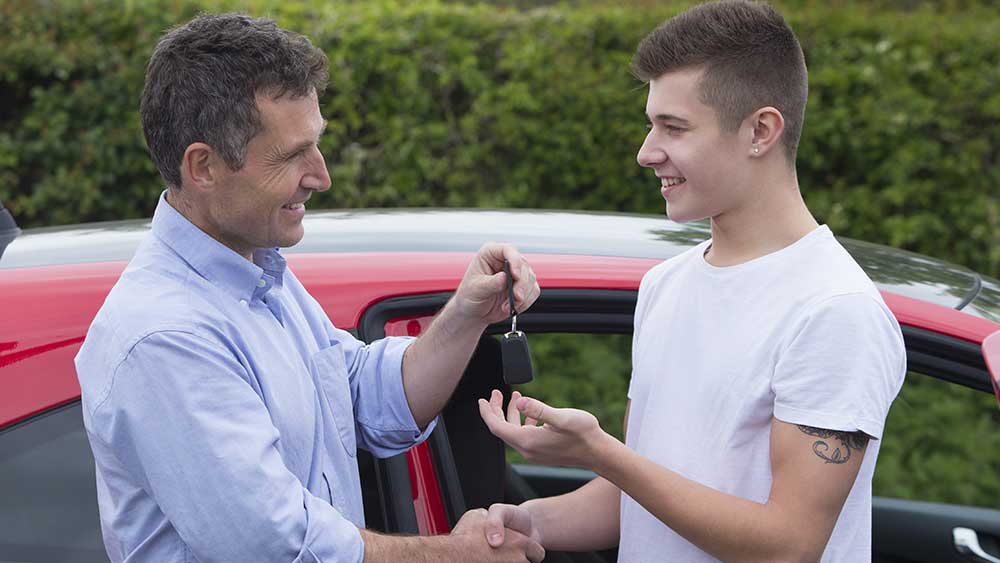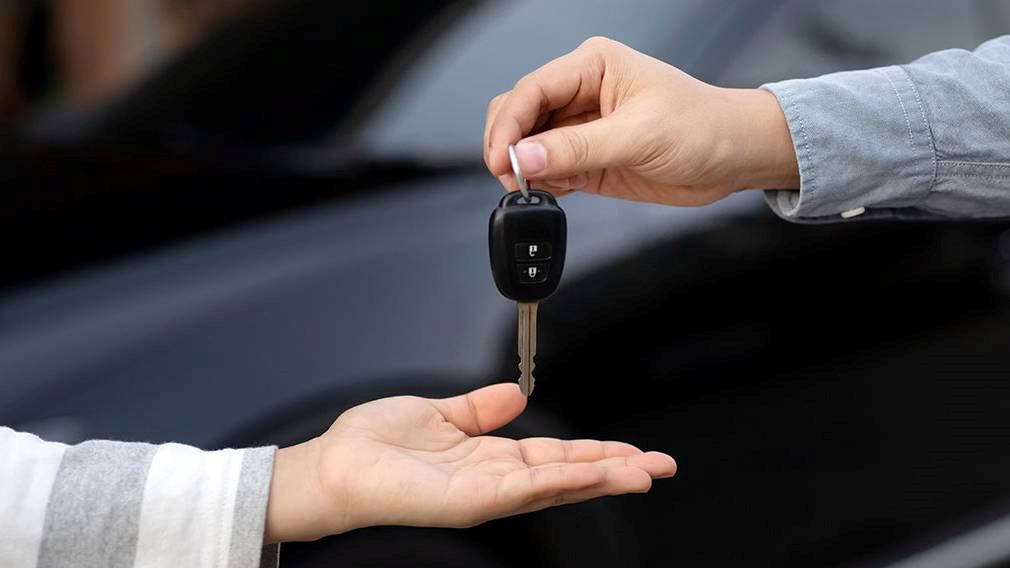Thinking of selling your car but not sure where to start? If youre deciding whether to sell your car, now might be a good time. Due to a shortage of new car models available, sales of second-hand cars have grown by 5.1% in 2023.
It might be tempting to sell your car online instantly to a car buying service, but these will usually offer you the lowest price for your vehicle.
Selling your car privately is the most likely way to get you the best return price. But this can take much more time and effort. So, we’ve put together a handy guide, giving you the low down on how to make sure your car is sale-ready.
What do you need to do to sell your car?
- You may need to pay to advertise your car.
You can do this online or through classified ads in your local newspaper. Putting a simple ‘for sale’ sign in your car window won’t cost you, but it will probably take longer to sell. - Make sure your car is still roadworthy. You'll want to maintain insurance cover, tax and MOT, for any potential buyers that want to test drive. But remember, this can be doubly expensive if you’ve already bought another car.
- You’ll have to deal with the prospective buyers yourself.
From enquiries to viewings, negoitiations and test drives - which can be time consuming.
What documents do you need to sell your car?
There are some specific documents that are required to legally and safely sell your car:
- Ensure your car has an up-to-date MOT certificate.
If you don't have an active MOT, or there’s under three months left, you may want to consider getting another one done. This could raise the price you get for your car. - Make sure you have your logbook (or V5 registration document) and service history.
You'll need the logbook to inform the DVLA of the transfer of ownership once it’s sold. - Manufacturer's warranty.
If your car is still in warranty from the manufacturer, you should include this too. Don't forget to notify the car dealership of the change of owner.
What should you do with your insurance policy when selling your car?
When you’re selling your car, you don’t have to cancel your current insurance and start over again. If you’re part way through your insurance term, your insurer may be able to transfer over the policy to your new car. Depending on the specification of your new vehicle, this could affect your premium.
If they can’t cover your new car, most insurers will issue you with a notice of cancellation, rather than cancelling the policy immediately. That way you can arrange cover with an alternative insurer.
How to prepare your car for sale

- Clean your car thoroughly
You might even want to consider a professional valet service. First impressions count, a grubby car with food packets in the footwell isn’t going to be very attractive to anyone looking to buy. - Repair any minor paintwork damage
Make sure it's looking in the best shape - this will also help when taking pictures to advertise the car. It’s important you give an accurate description of the car, and don’t fake the condition. - Price your car realistically for a quick sale
Be prepared to leave some wiggle room for haggling when negotiating the price. Check out how much other people are selling similar cars for (make, model and mileage) - you want to get the best price but also be competitive in the market. You can also use a trade guide such as Glass’s or Parkers to get a valuation. - Make sure you have all the cars documents on hand
If you don't, it could delay the selling process.
What you'll need to consider when meeting buyers
Never leave the keys in the ignition or alone with the buyer, and when test driving the vehicle, always accompany them. Before allowing them to test drive the car, check they have a valid driving licence and insurance.
The buyer may have ‘driving other cars’ cover on their policy, but this is likely to provide third-party cover only, not fully comprehensive. So, if they got into an accident with another car, they'd only be covered for the damage to the other car, not the one they're driving.
It’s important to provide the buyer with a ‘sold as seen, tried and approved without guarantee’ receipt, when selling a car privately. You can also draw up a seller’s contract, to be signed and dated by both parties, and make sure you each keep a copy as proof of sale.
The easiest and most convenient way to be paid, is through bank transfer. But make sure you don't hand over the keys until the funds are in your account. If you're being paid in cash, carry this transaction out at a bank so the money can be deposited immediately, and the notes can be checked for forgeries.
If you haven’t seen it already, ask to see the buyer’s ID, and take down their home address and phone number. Be wary of anyone who’s reluctant to give you this information, as insurance policies don't provide cover for loss due to deception or fraud.
What to do after selling your car
Once your car has driven off into the sunset, you’ll need to contact the DVLA to let them know about the change of ownership. Do this as quickly as possible to avoid any potential problems such as getting a fine incurred by the new owner. The quickest way to do this is online, but you can also do it via post, by completing the V5 document to send off. Check the government website for the latest advice.
Make sure you keep a copy of the signed and dated contract in a safe place, too.
Hopefully you’ll now feel more confident in how to sell your car. Remember, the used car market is very competitive, so yours will need to stand out from the crowd. By following our handy guide, you’ll be able to get the best return price for your car, and a speedy transaction.
With AXA car insurance, we have a range of policies to suit your needs. Get a quote for AXA car insurance today.









